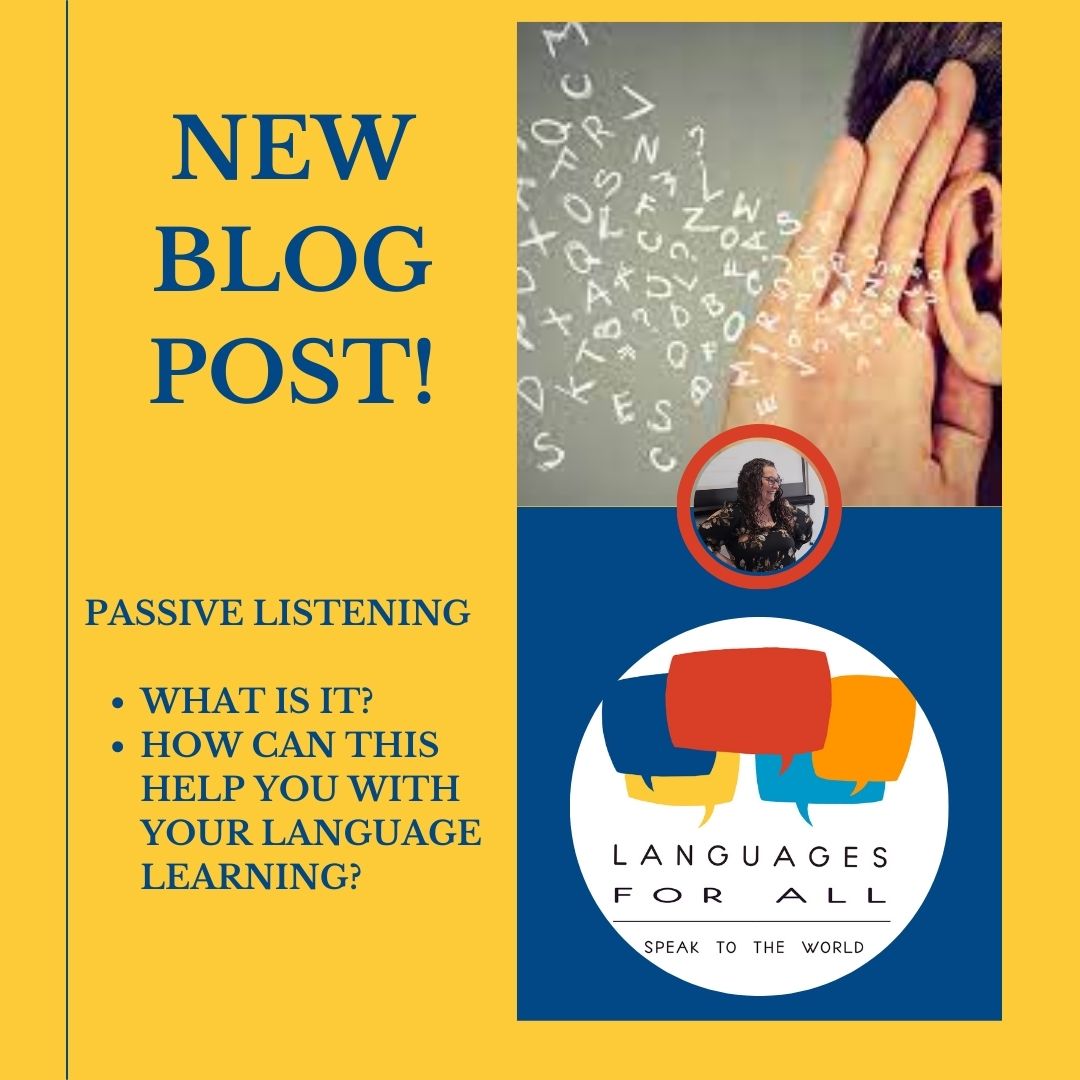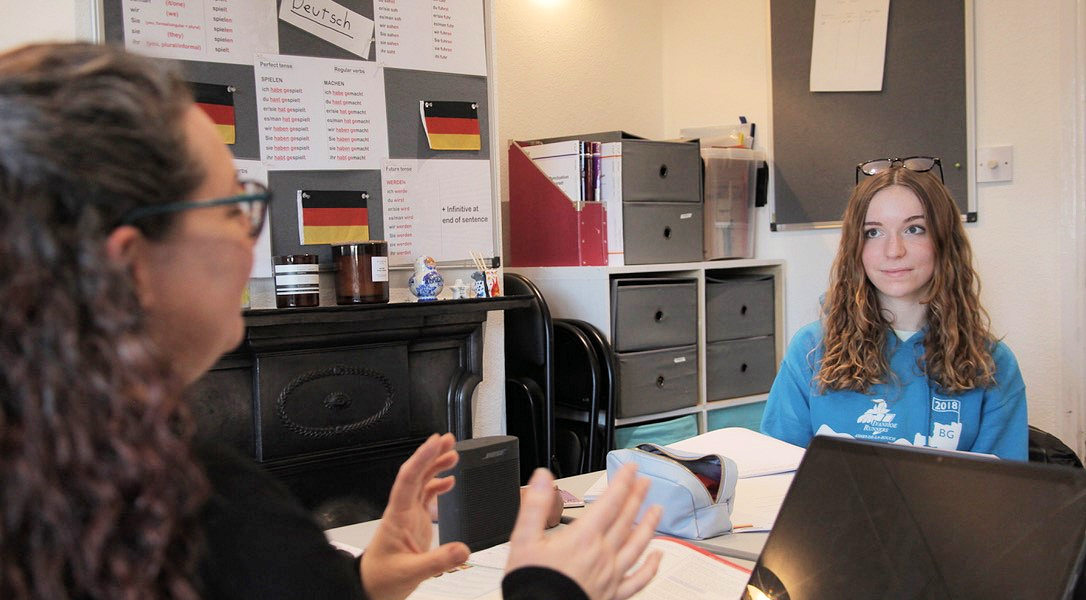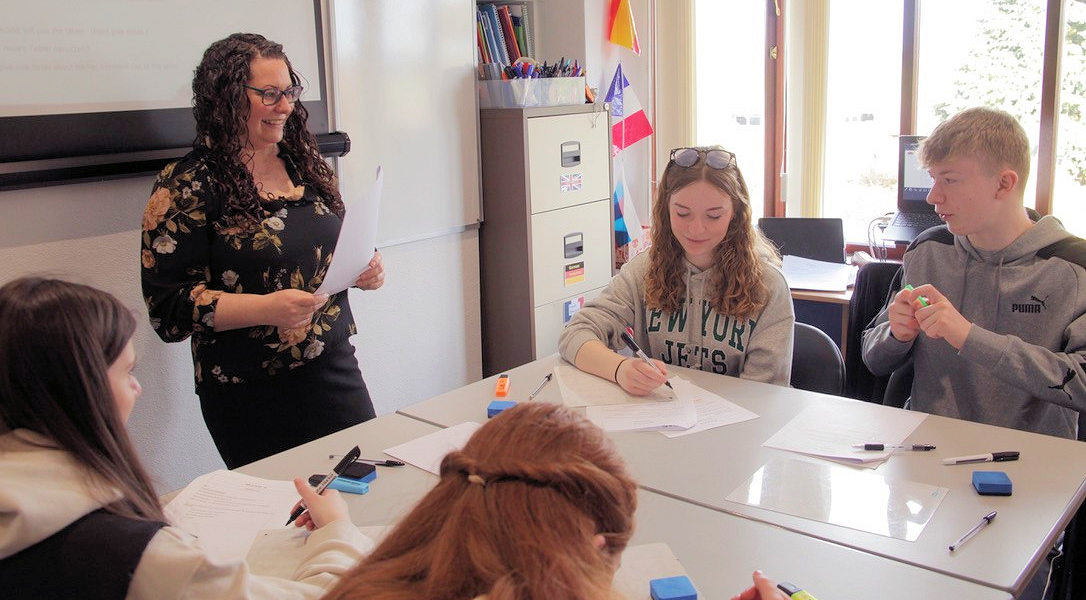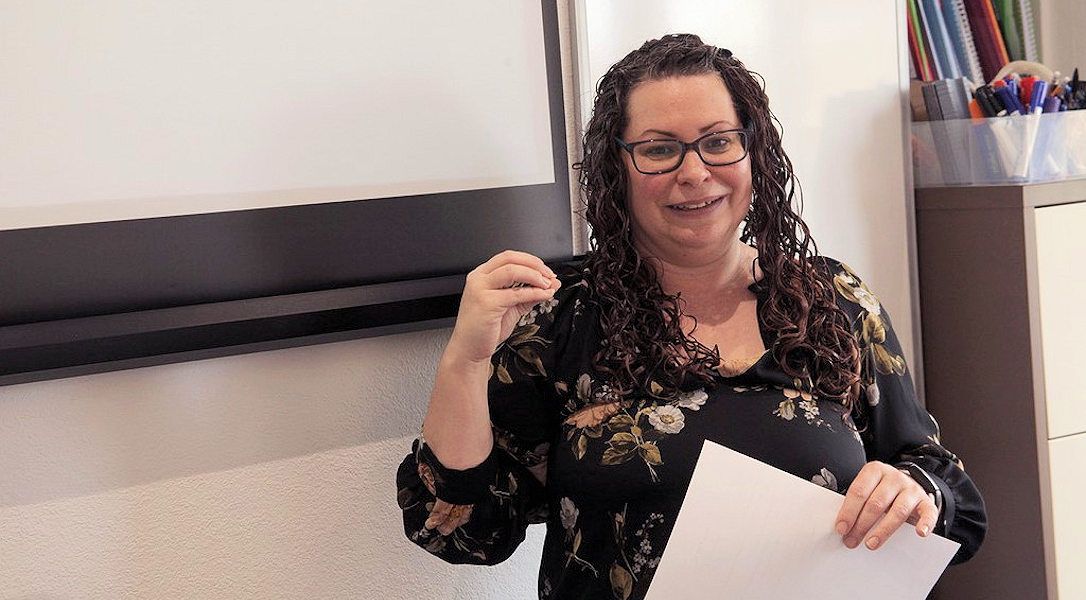
As a teacher and a life-long learner, I think a lot about the learning process. I also talk about it a lot and spent many years discussing with parents what their child could do in order to improve in their chosen language. We think we have to be doing to learn but actually this is not the case, especially not when learning another language.
When I was 14, I went on my school German Exchange for the first time and the following term, when I returned to school, it was astonishing how much I had improved, especially my listening and speaking skills. Well, you might think that this is an obvious thing to happen, but the truth is, I barely spoke a word of German the whole 10 days I was there! I had been learning for just two years and had a few basics, but zero confidence! Plus, my lovely German penfriend spoke amazing English and happily interpreted for me when talking to her family. So, I did not go and spend time using my German. Beyond, “Ja”, “Nein”, “Bitte” and “Danke”, I think I managed one sentence “Kann ich bitte haben die Milch” (German speakers amongst you will note that this sentence is actually grammatically incorrect as well!), yet I clearly learnt. This is the power of passive learning.
Another good example is from my university year abroad, which I spent in Jena in the east of Germany. Now, at this point I spoke mostly German, I was studying in German, living with German girls and socializing in German. Of course I improved, I came back fluent! However, I also somehow learnt a lot of vocabulary surrounding cars, roads and traffic. I didn’t drive (I didn’t even have my licence, let alone access to a car) nor did any of my friends. We cycled and used the amazing public transport (it really is amazing over there!). So how did I suddenly know the words Stau (traffic jam) and Gegenverkehr (contraflow)? Well, I had the radio on a lot. I found a station that played really cheesy 70s and 80s music and, of course, they had traffic reports. I never really engaged with the traffic reports, they just played in the background. Yet clearly I took that language in and learnt it …
The human brain is incredible! It engages with language even when we are not consciously doing so. In the words of the wonderful Gianfranco Conti and Steve Smith, who have spent many years studying language acquisition “Our brains are wired to pick up language through listening”[1]. Think of a baby learning its first language. Babies can hear while they are still growing inside their mothers and their brain is trying to make sense of it. First sounds, then meanings. Our brains don’t stop doing that as they get older, we just intervene and put barriers in the way. Somewhere along the line someone told us that learning involves doing and when we actively do things to learn a language [think trying to make sense of a sign or information we hear over a tannoy, trying to ask for directions in the street], and we find it hard, we think we can’t do it. Actually, this isn’t the case at all. Our brain is still engaging with the language, and it is processing it. We actually need to spend time on both active and passive listening skills and allow ourselves to just hear the language.
“Scholars of second language acquisition are of the view that the main way we acquire language is by receiving what is labelled Comprehensible Input, either through listening or reading, which we eventually convert into output when we write and speak.”[2] So we need to hear the language for our brains to start to understand it and then eventually enable us to use it for ourselves. This plays a big part in the way in which I teach languages and in lessons my learners spend a lot of time listening and completing simple tasks that allow their brains to just hear. In addition I always encourage my learners to listen passively outside of the classroom.
So there you have it, absolute permission just to listen to Serge Gainsbourg, Rammstein or Ricky Martin without the need to understand a word! Giving yourself permission to just listen and not understand everything is really powerful. By removing the pressure to understand the words being said you relax and allow your brain to focus on the sounds and start the learning process.
Here a few of my passive listening suggestions:
- Listen to foreign language radio, just have it playing in the background while you are doing the dishes
- Listen to music sung in the language you are learning
- Listen to a podcast or Slow News, being sure to give yourself permission to just listen and not focus on comprehension
- Watch a foreign language film or TV series with English subtitles on
- Go to the country and sit in a café on a busy street, where people are speaking the language
If you would like to know more about what I do or how I can help you learn another language then please get in touch!
Footnotes
[1] Breaking the Sound Barrier. Teaching Language Learners How to Listen by Gianfranco Conti and Steve Smith: Chapter 4
[2] Ibid: Chapter 5



